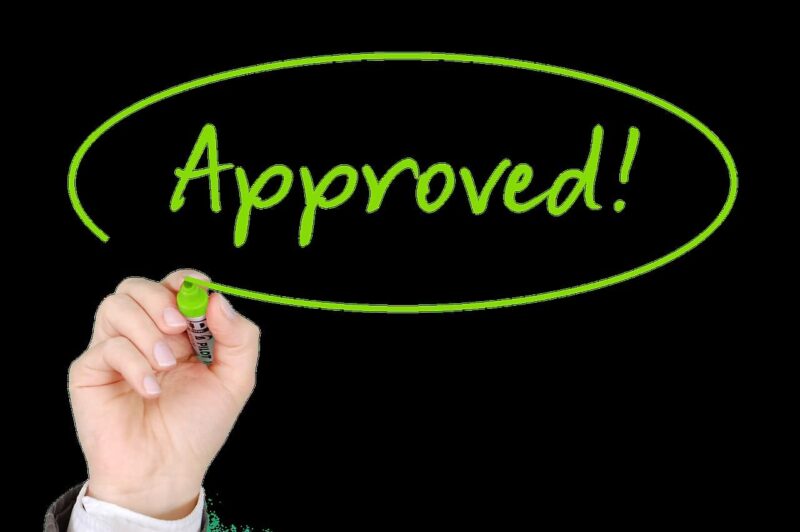Post-secondary educational costs can be excessive, with many students struggling to keep up with their loan repayments.
Each year the debt increases, bringing more borrowers to a state of default, creating dire consequences.
The default usually starts as a delayed or missed repayment, putting it into delinquency.
With a federal student loan, default is declared after “270 consecutive days of nonpayment.”
A private lender can declare a default at any time once repayment is missed.In order to better understand loan defaults and delinquency go to billigeforbrukslån.no/lån-med-betalingsanmerkning/.
When recognizing the potential for a delayed or missing repayment, it’s possible to avoid default with strategic tactics.
The first step is identifying the cause of the difficulty in making the payments, and understanding what’s changed to cause the difficulty.
Consider some suggestions on why student loans go into default and some potential solutions for avoiding the result moving forward.
What Are Reasons For Student Loans To Go Into Default And How Can You Avoid It
With the rising costs of post-secondary education, more students are finding themselves having difficulty maintaining their repayment schedules. Repayments are becoming delinquent, ultimately being declared in default. Some reasons for the struggles include the following:
- The budgets are already exceptionally tight, with no room for unexpected expenses or emergencies. When these events happen, finances are thrown out of balance. Loan payments are usually placed second when it comes to essential monthly expenditures.
- In that same vein, if payments or interest increase, a budget that was working adequately is now ineffective and needs to be reworked. That can mean having to find additional income and cut back on expenses, but until then, the loan would need to wait until funds were available.
- A loss of employment or decreased duties will result in an issue with making the repayments.
- Once a few payments have been missed; it’s challenging to then catch the loan back up to date.
- If there’s a cosigner on the loan and that individual was to declare bankruptcy or pass away, the loan would be declared an automatic default.
The consequences of default can be substantial, but the primary factor is how long the account has been in default. Once a default is declared, the following repercussions are possible:
- The credit score will be adversely affected, making obtaining another loan more challenging. The longer the default, the more extensive the hit to your credit profile.
- The loan provider could sue to collect or attach massive late charges to the account grossly higher than what would be experienced if the repayments were being made consistently.
- Professional licensure could be withdrawn, making it difficult to find work in your field and disallowing making further repayments.
- The creditor could attach wages with your employer and jeopardize your retirement benefits.
- The court system can also withhold your tax refunds until the repayments are satisfied.
- Federal repayment flexibility can be rescinded.
- Bankruptcy is not an option for forgiving student loan debt.
What Can You Do To Avoid Student Loan Debt Default
Once you recognize you’re having difficulties with making repayments of your student loan debt, you must reach out to the lender to learn what options are available.
The loan providers have knowledge and experience in working with students finding themselves in these situations and can provide guidance on moving forward most positively.
The goal for lenders is to receive repayment of the balance. If they know that’s also your objective, they will negotiate towards the best solution to make that happen.
In many situations, the loan provider will offer alternate repayment options in an attempt to make the process simpler for you and relieve some of the financial burdens with the ultimate agenda of getting the repayments back to a consistent and on-time schedule.
- A practical repayment plan beneficial for many students is an income-based alternative, undoubtedly worth the consideration. It schedules a monthly installment that fits with your monthly income.
- Graduated repayment is another advantage for students. It starts with lower installments as you’re studying and beginning a career. Then it slowly increases over the years as you grow in your field and can better afford a higher installment.
- An extended repayment option allows you to make minimum monthly repayments. This will relieve the financial hardship for the current moment, but the loan’s life is extended. That means, ultimately, you’ll be repaying much more as greater interest accrues in the added time span.
If these arrangements won’t work for your particular circumstances, more options exist, including debt consolidation, refinancing, and forbearance or deferment.
- When considering loan consolidation, all student loans are combined into one debt. That will make the monthly repayment more manageable since there’s a single due date and one amount to keep track of.
The recommendation is only to consider consolidation if the interest is less than what you received with the original products.
- In the case of refinancing, some loan providers will offer this option if you’ve been stellar with your repayment history to this point. In this case, you would shop loan products and lending agencies for the best rates and most favorable terms since each lender will differ.
- A forbearance or deferment allows repayments to be delayed for as long as three years. A student needs to fully comprehend these options’ eligibility criteria and terms.
The repercussions of student loan defaults can be extensive and long-standing, sticking with the individual throughout life. If you recognize the signs that you might be in a position to delay or miss a loan repayment, consider the options and alternatives carefully to make an educated and informed decision.
A priority, above all else, is speaking to the loan provider as a first step. The lender can assist with finding a practical solution more so than if they were kept in the dark with repayments merely being neglected.
The objective for each of you is to satisfy the loan. In that vein, you’re more productive working together to make that happen than ruining your credit, future potential for obtaining a loan, and reputation with current and future employment figures.
Final Thought
If you’re a student whose loan has been declared in default, there are proactive steps you can take to try to correct the situation, depending on how long it’s been in that state. Read here methods for getting student loans out of default.
If you haven’t missed a payment but are struggling and recognize the potential for it to happen, contact the loan provider to let them know the situation. This way, a plan can be set in place to relieve the burden you’re experiencing, allowing you to continue repaying consistently.








